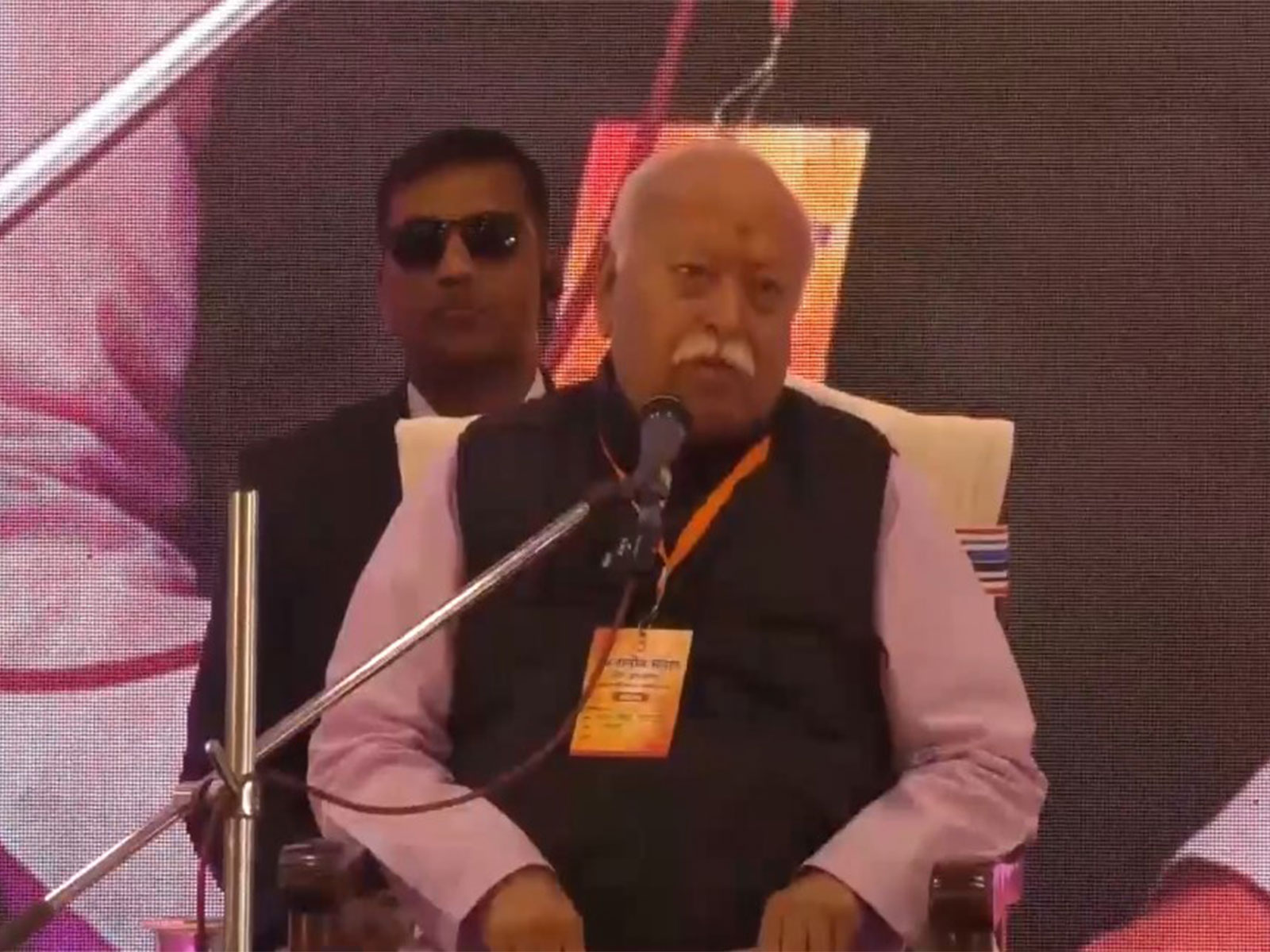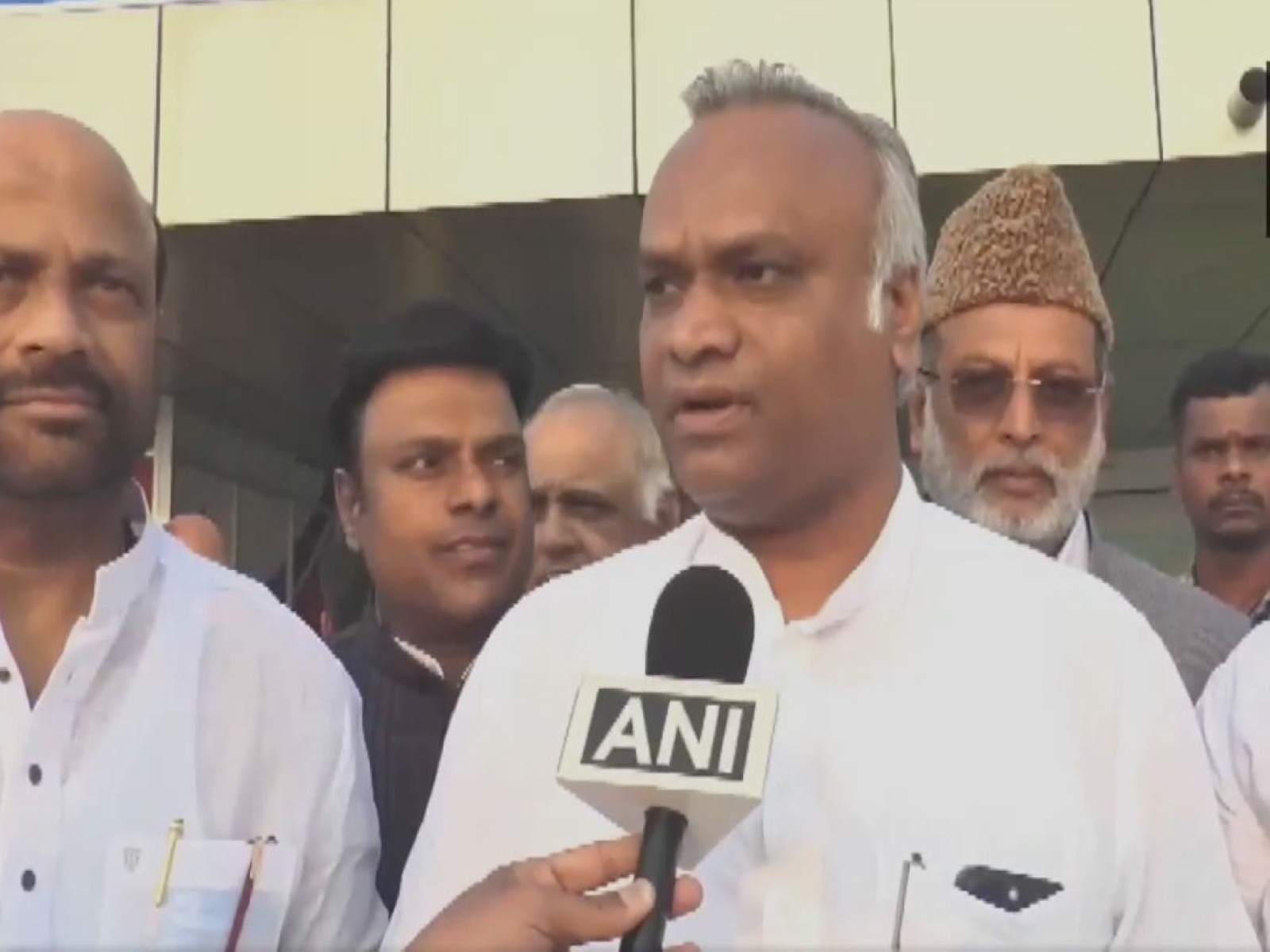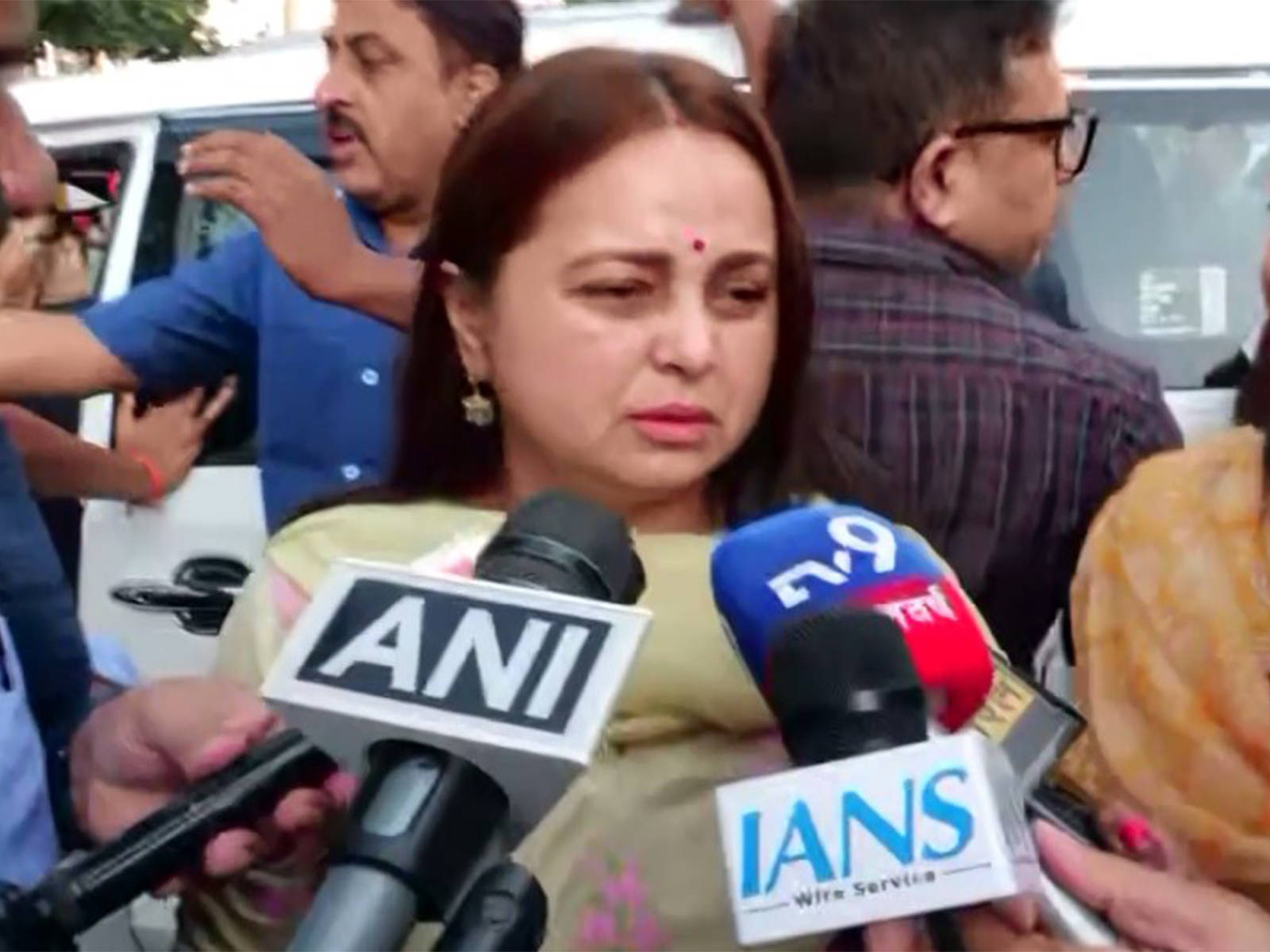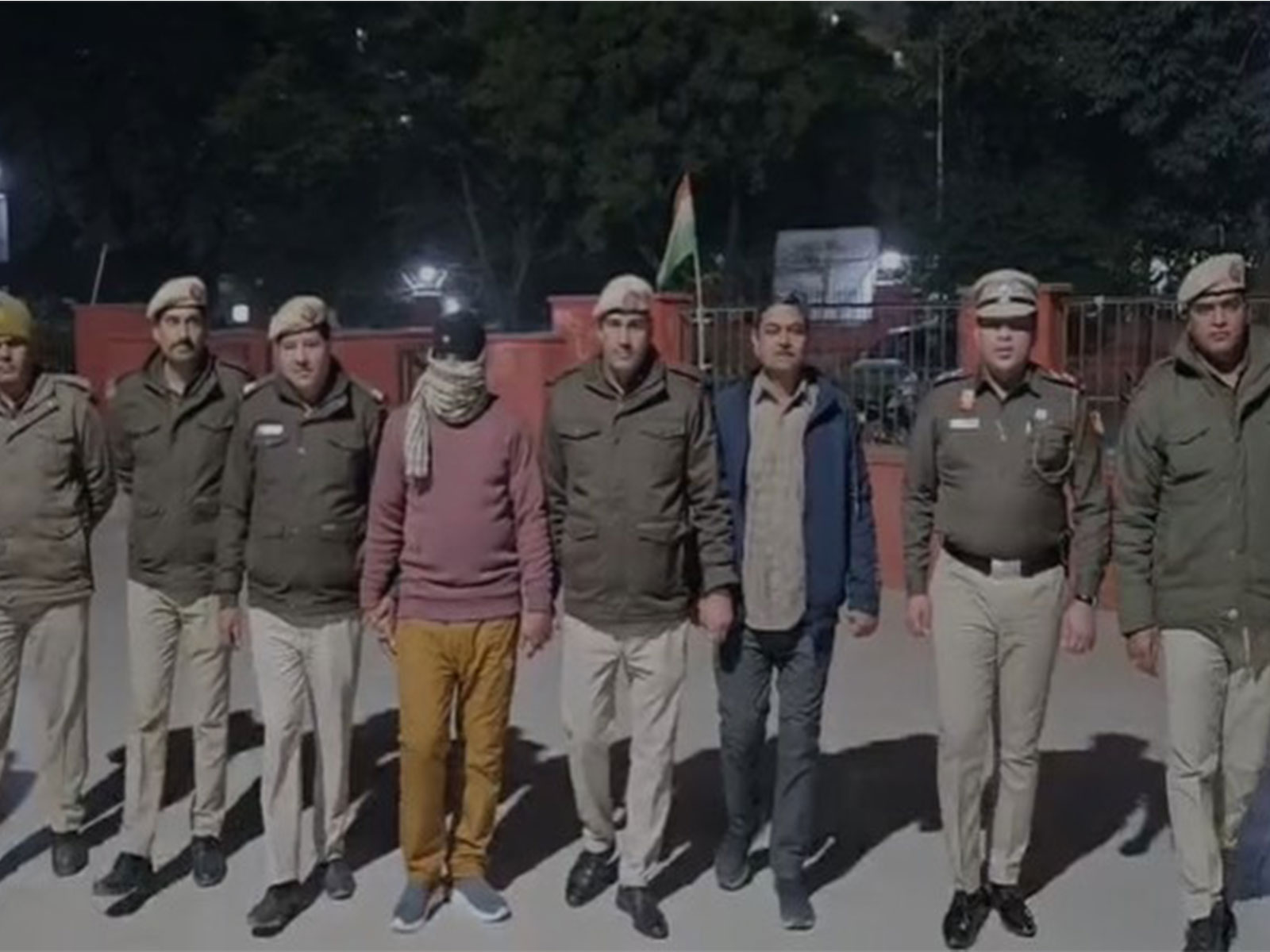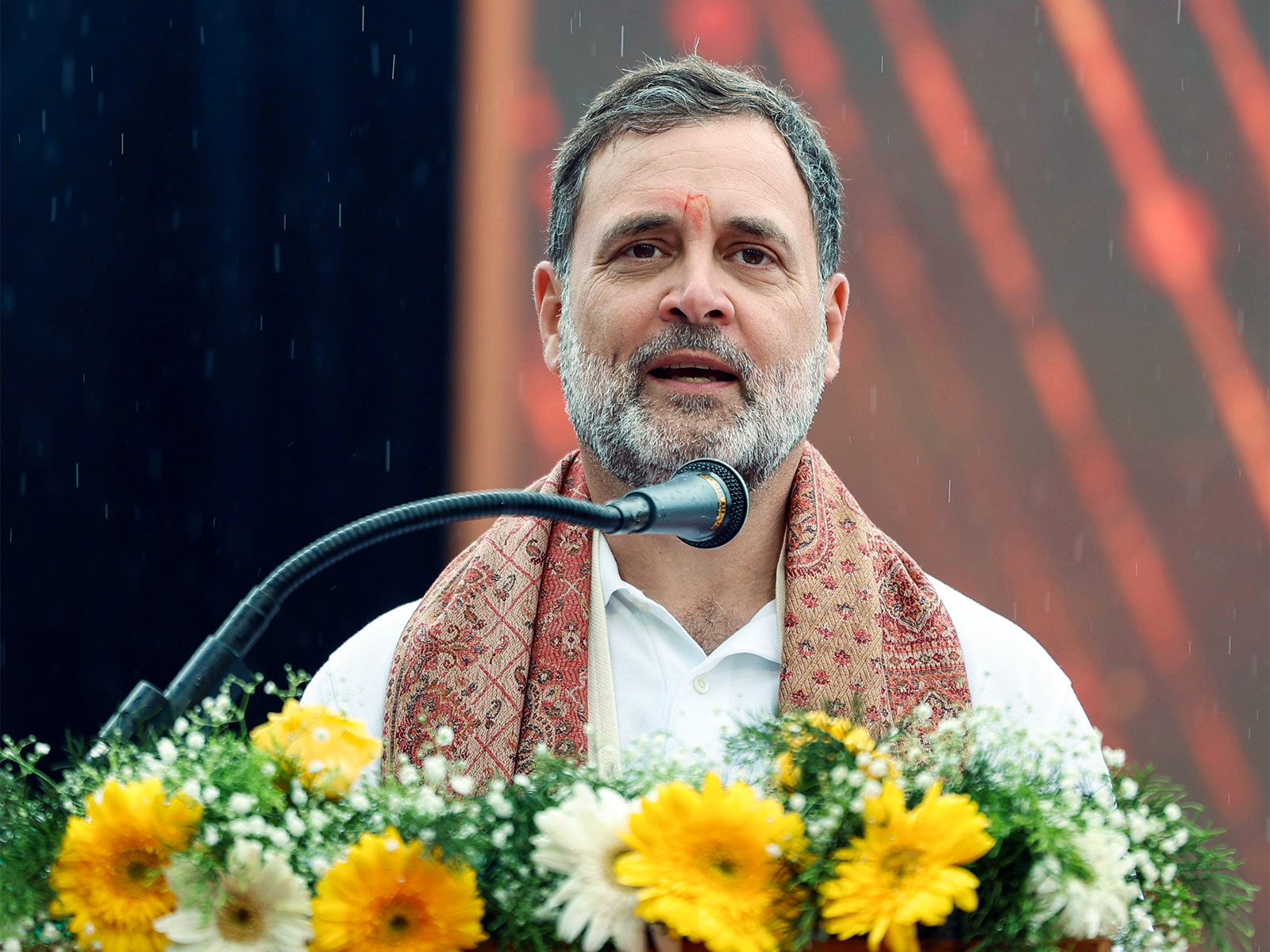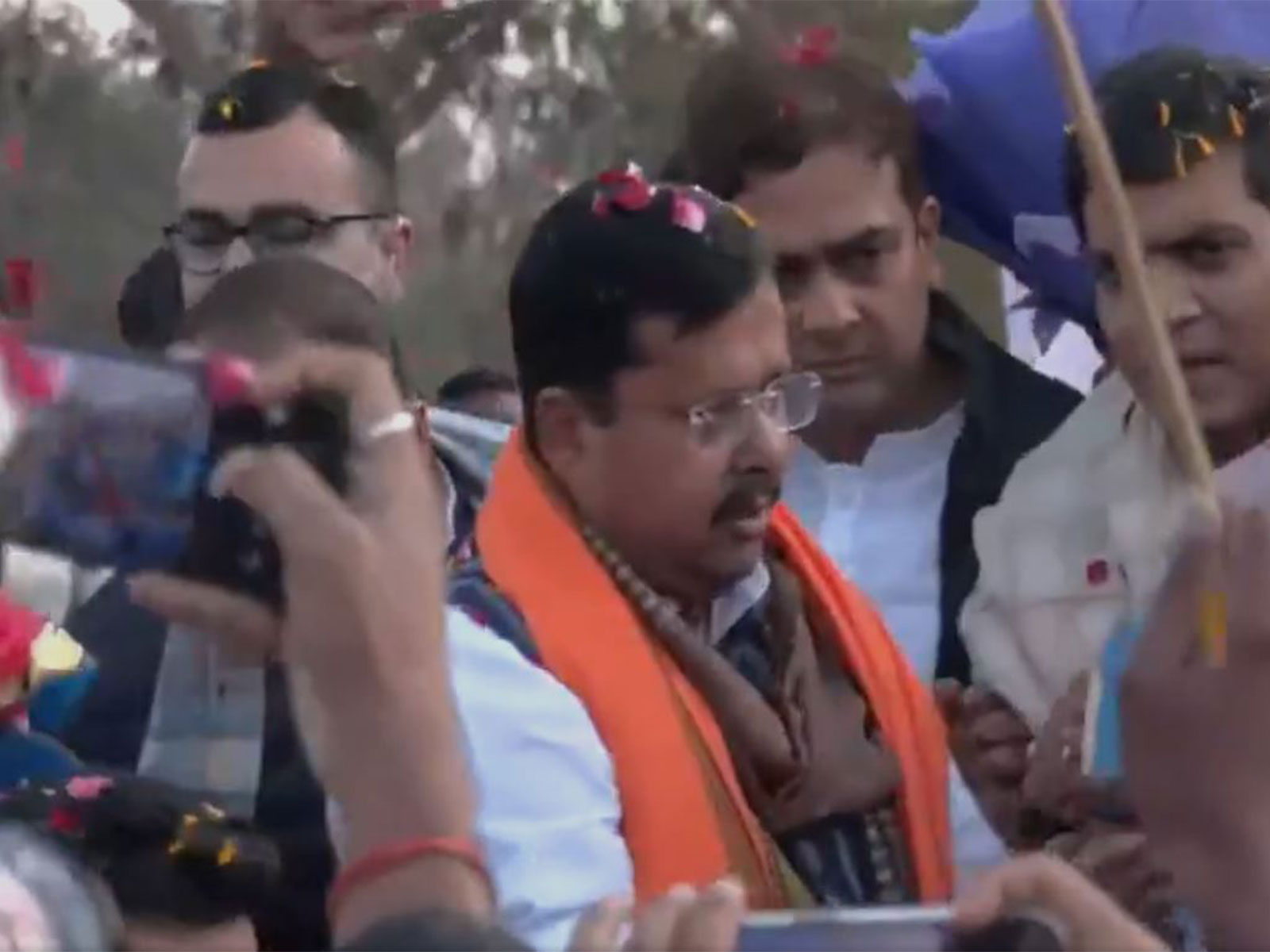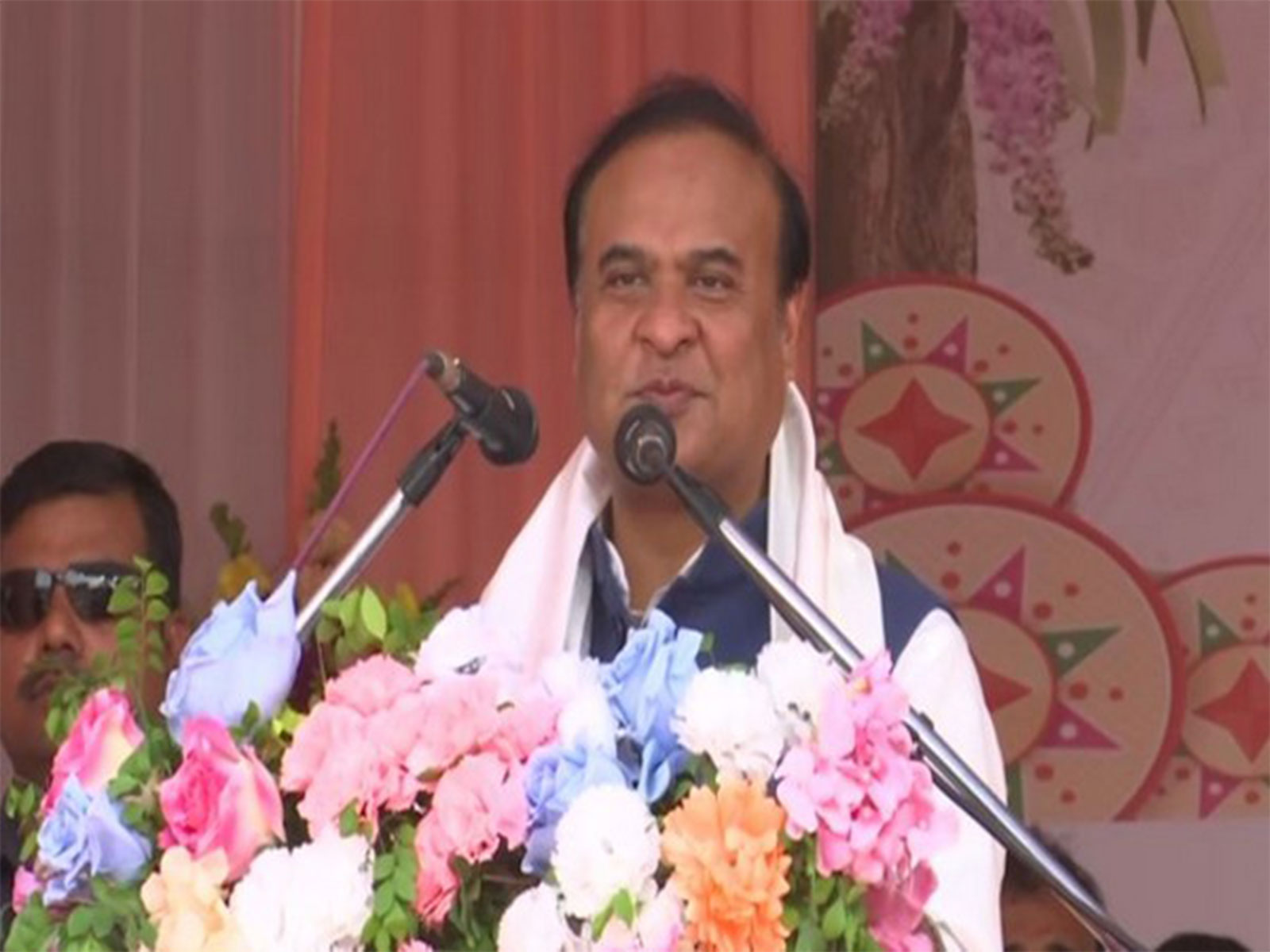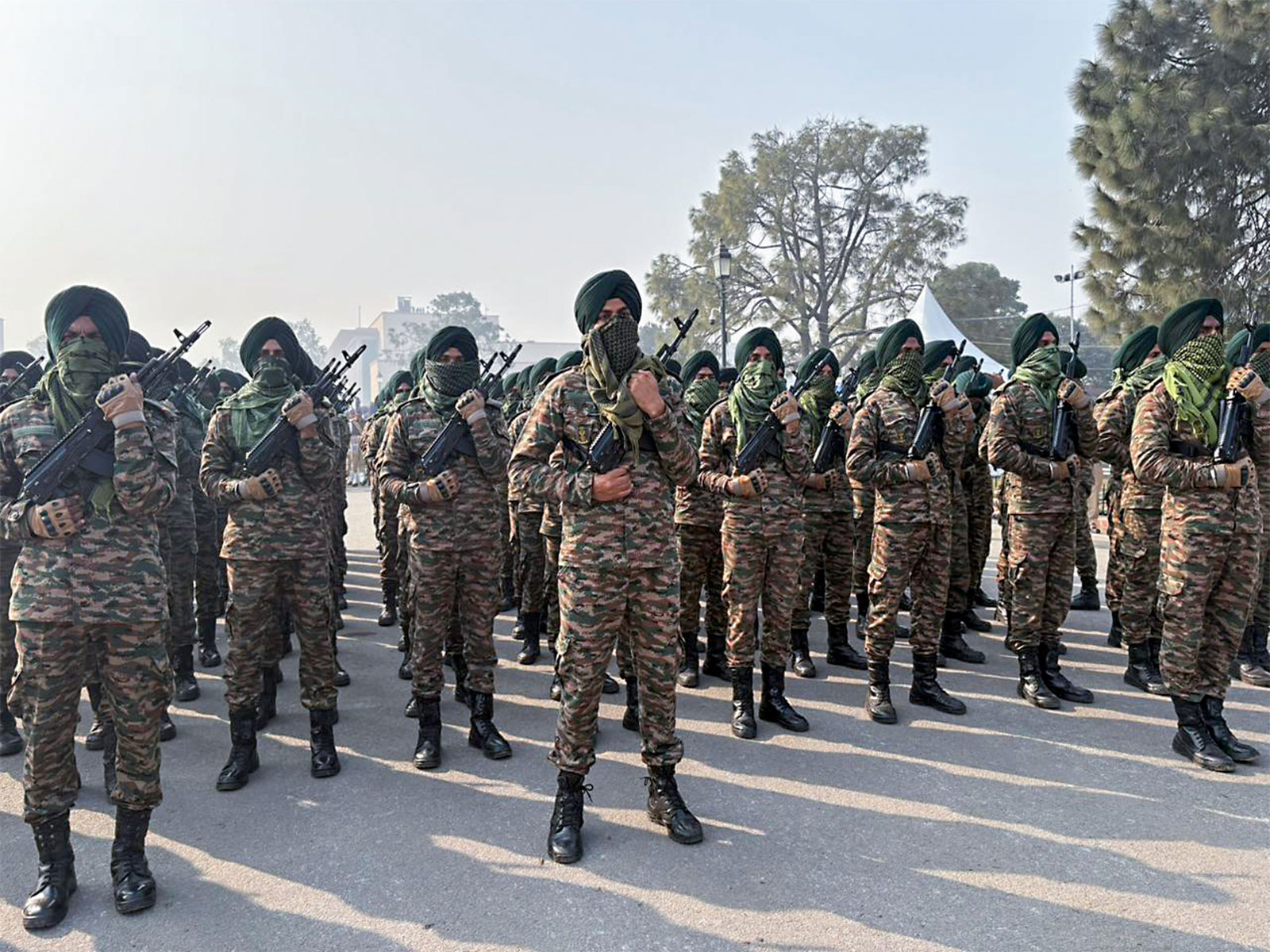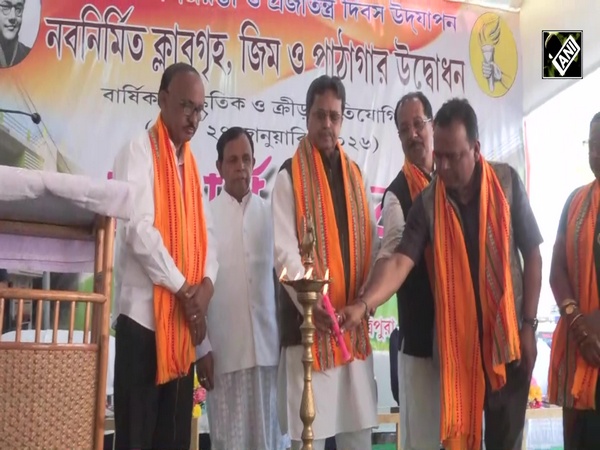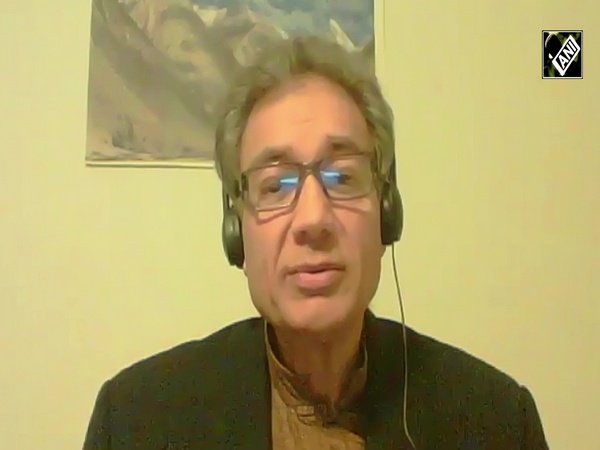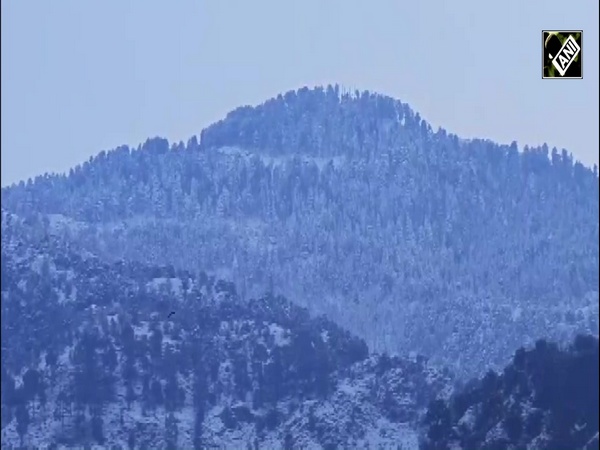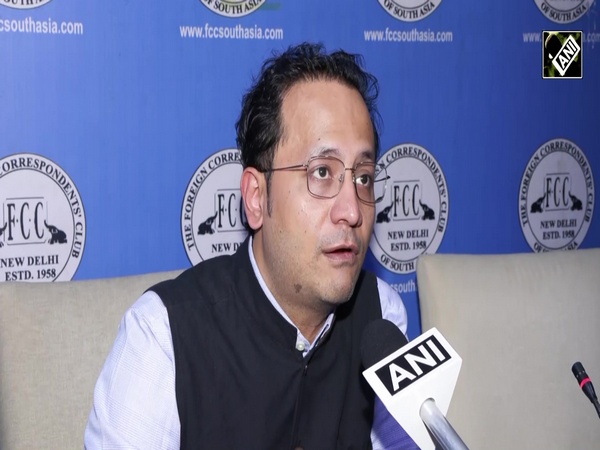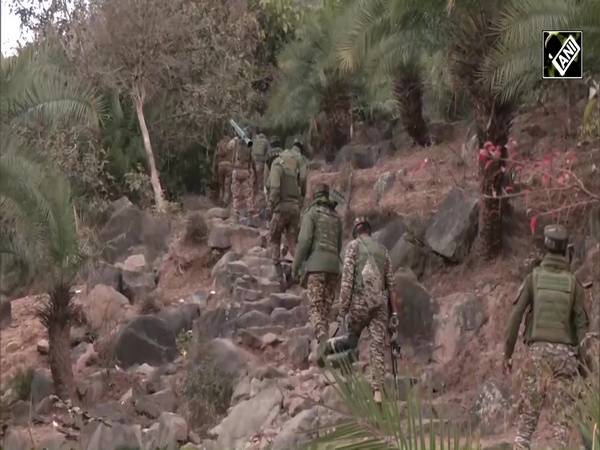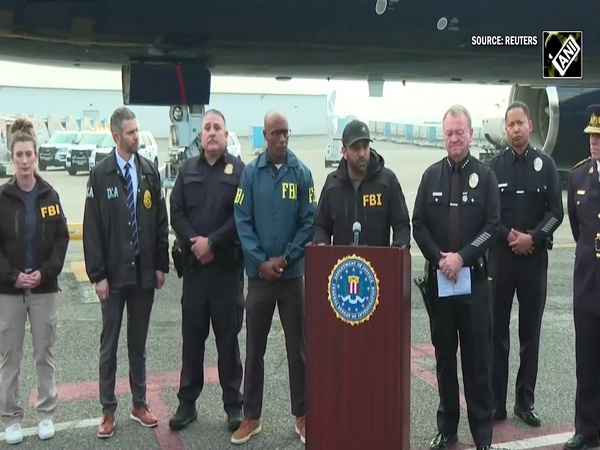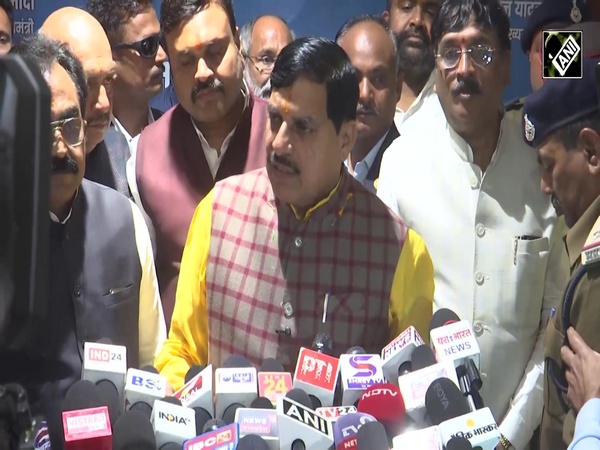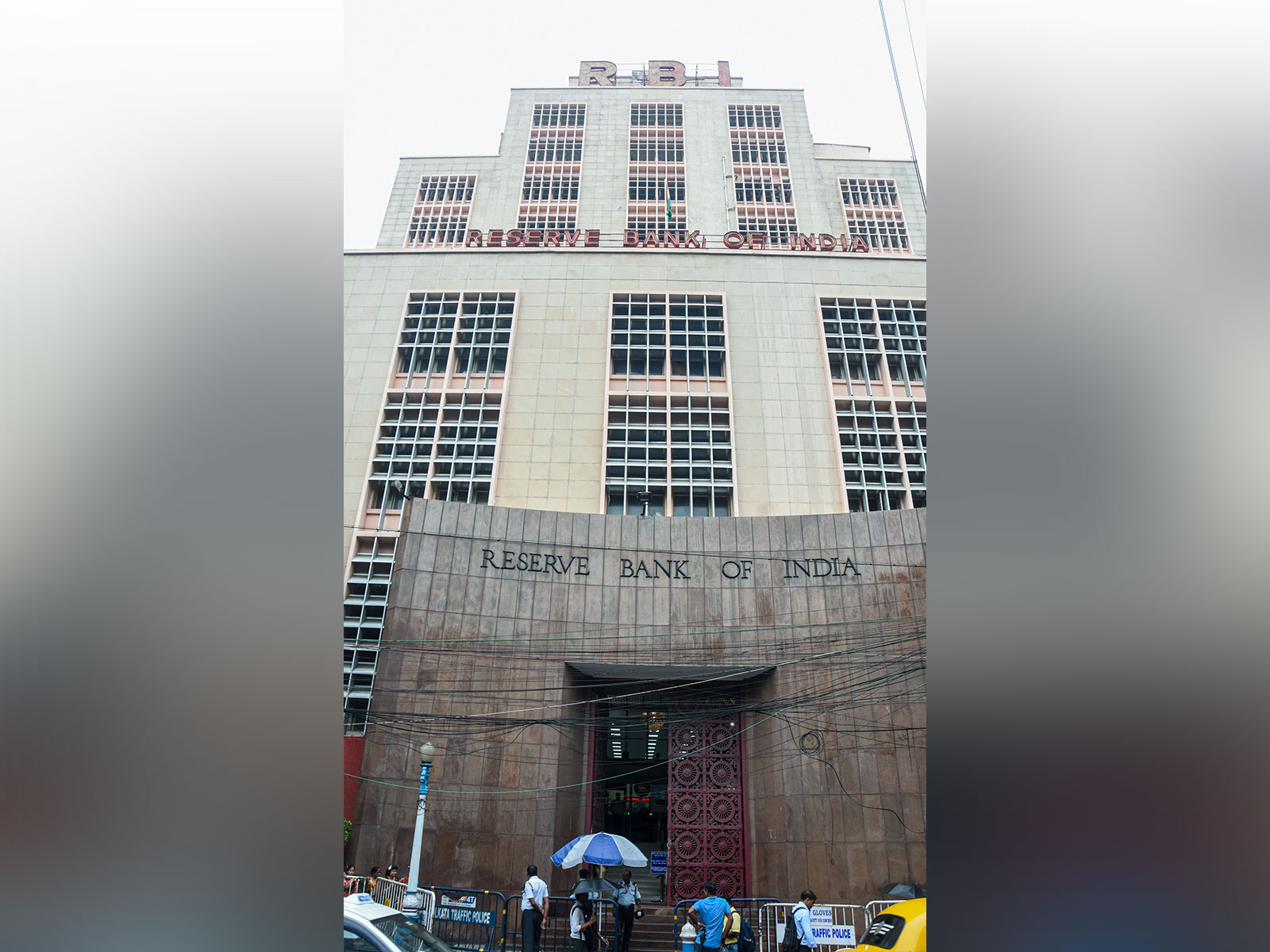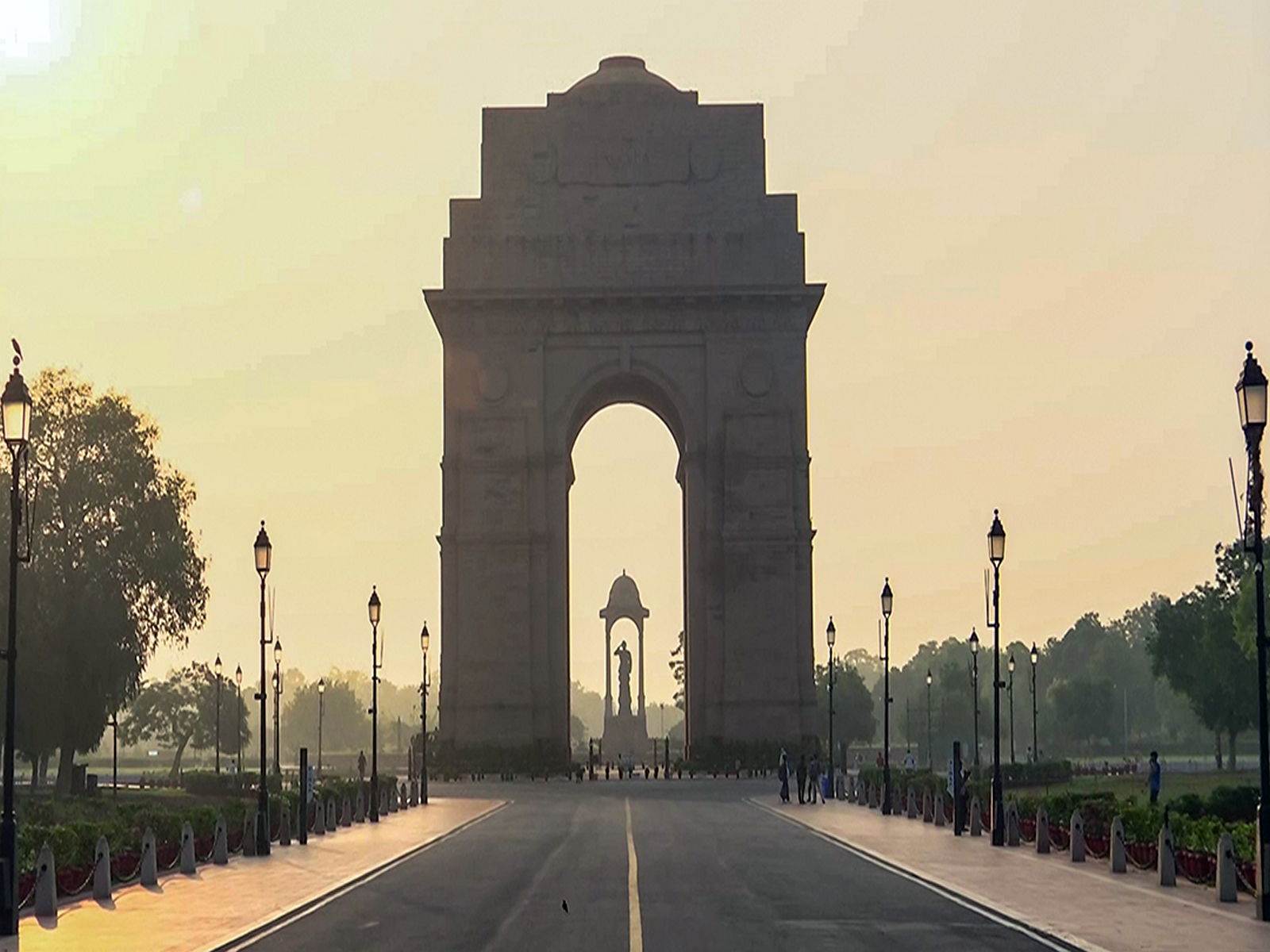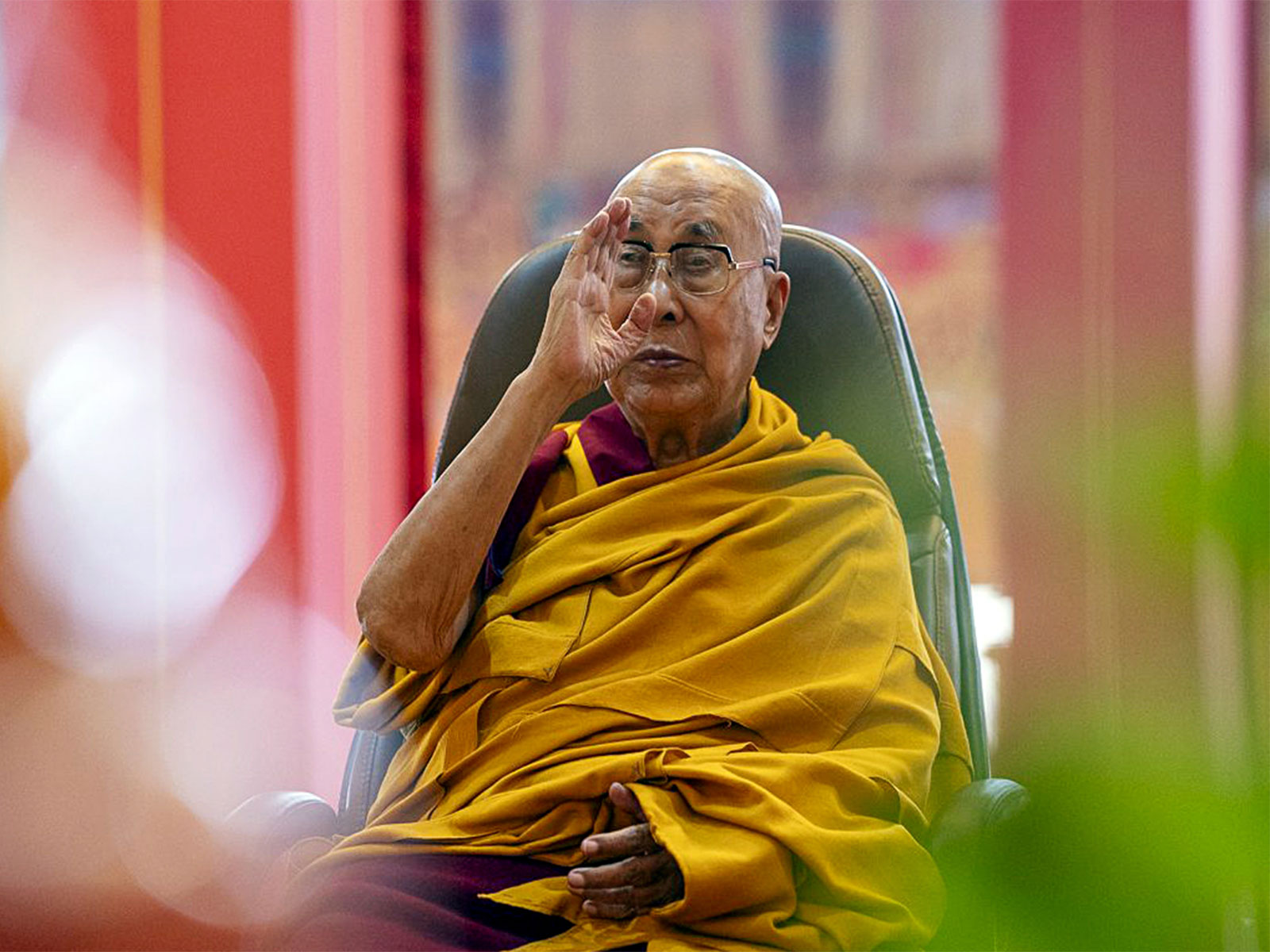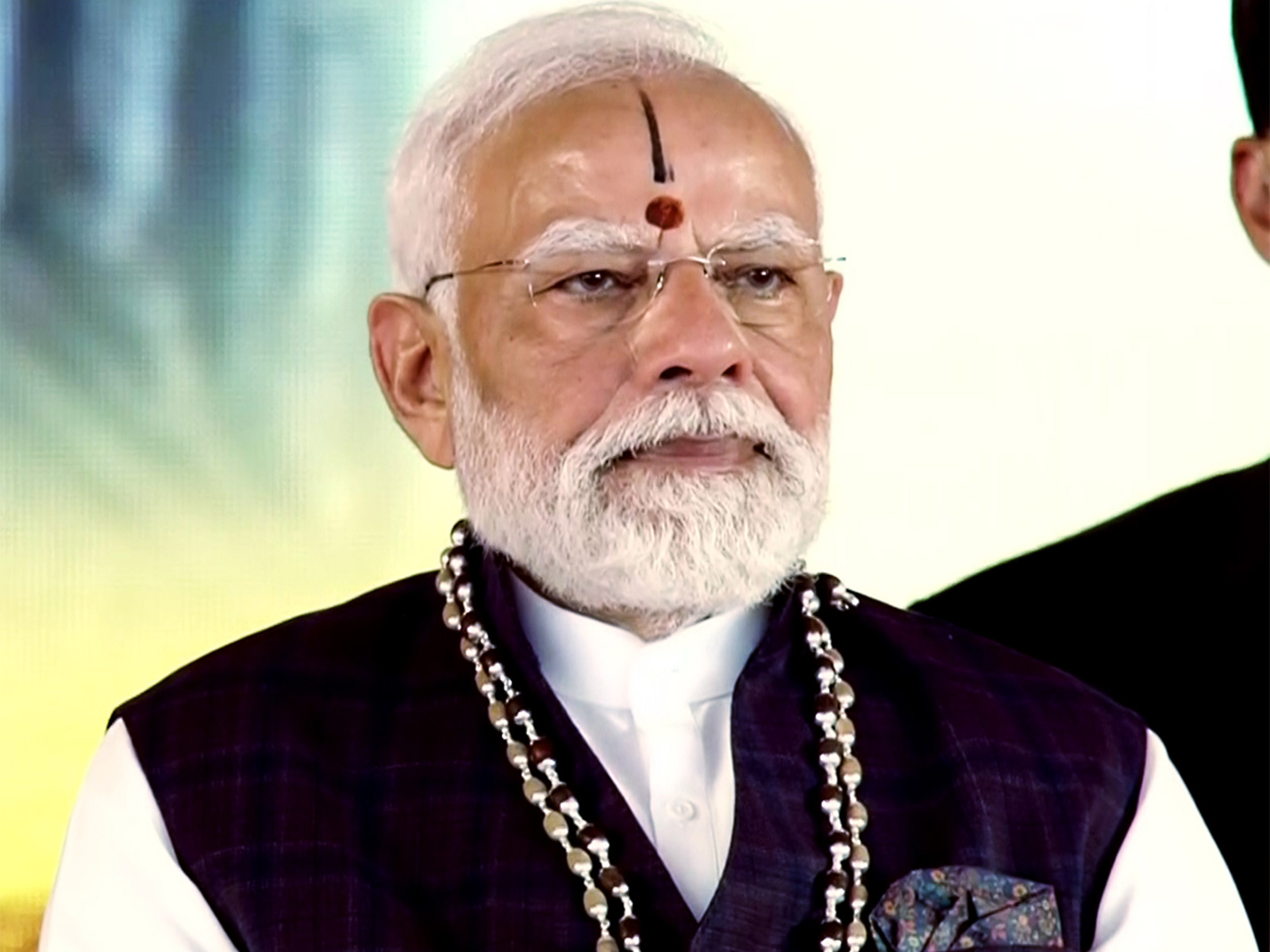
PM Modi visits Karnataka, Goa; urges people to take nine resolves including water conservation, uplifting poor and adopting Swadeshi
Nov 28, 2025
Udupi/Panaji [India], November 29 : Prime Minister Shri Narendra Modi addressed the Laksha Kantha Gita Parayana programme at Sri Krishna Matha in Udupi and 550th-year celebration of the Shree Samsthan Gokarn Partagali Jeevottam Math in Goa and urged people to take nine resolves including water conservation, tree plantation, uplifting poor and adopting Swadeshi.
Addressing the gathering at Shree Samsthan Gokarn Partagali Jeevottam Math event in Goa , he said when an institution stands on the foundation of truth and service, it does not waver with the changes of time but instead gives society the strength to endure.
He noted that a grand 77-feet-tall bronze statue of Lord Ram has been installed and mentioned that just three days ago he had the privilege of hoisting the Dharma Dhwaja atop the magnificent Shri Ram Janmabhoomi Mandir in Ayodhya.
Highlighting that the continuous flow of strength to this Math has come from the great Guru tradition which established the divine foundation of Dvaita Vedanta, PM Modi recalled that this Math, established in 1475 by Shrimad Narayan Tirth Swamiji, is an extension of that knowledge tradition whose original source is Jagadguru Madhvacharya.
Prime Minister remarked that there were times when temples and local traditions in Goa faced crises, and when language and cultural identity came under pressure, yet these circumstances did not weaken the soul of society but made it stronger. He highlighted that the unique feature of Goa is that its culture has preserved its original essence through every change and has also rejuvenated itself with time, with institutions like the Partagali Math playing a major role in this.
"Today India is witnessing a remarkable cultural renaissance, with the restoration of the Ram Mandir in Ayodhya, the grand redevelopment of Kashi Vishwanath Dham, and the expansion of Mahakal Mahalok in Ujjain, all reflecting the nation's awareness that is reviving its spiritual heritage with new strength," he said.
He noted that initiatives such as the Ramayana Circuit, Krishna Circuit, development works at Gaya Ji, and the unprecedented management of the Kumbh Mela are examples that show how today's India is advancing its cultural identity with new resolve and confidence. He emphasized that this awakening inspires future generations to remain connected to their roots.
Underscoring that the sacred land of Goa has its own distinct spiritual identity, with a continuous flow of devotion, saintly tradition, and cultural practice for centuries, PM Modi said that this land, along with its natural beauty, also carries the identity of 'Dakshin Kashi,' which has been further deepened by the Partagali Math.
PM Modi said he wants to place nine appeals before them which, through their institution, can be conveyed to every citizen. He emphasized that these appeals are like nine resolutions.
The first resolution, he said, should be to conserve water, save water, and protect rivers. He stated that the second resolution should be to plant trees, highlighting that the nationwide campaign of "Ek Ped Maa ke Naam" is gaining momentum.
He emphasized that the third resolution should be the mission of cleanliness, ensuring that every street, neighborhood, and city remains clean. The fourth resolution should be to adopt Swadeshi, he said.
Speaking about the fifth resolution, PM Modi said it should be 'Desh Darshan', encouraging everyone to make efforts to know and understand different parts of the country. He highlighted that the sixth resolution should be to make natural farming a part of life.
He stated that the seventh resolution should be to adopt a healthy lifestyle, to embrace 'Shri Anna'-Millets and reduce oil consumption in food by 10 per cent. He noted that the eighth resolution should be to adopt yoga and sports, and the ninth resolution should be to assist the poor in some form.
He emphasized that in the national vision of a developed India by 2047, tourism is a major component, and Goa stands as the finest example of this.
"India is passing through a decisive phase, where the strength of the youth, the nation's growing self-confidence, and its inclination towards cultural roots are together shaping a new India", emphasised the Prime Minister. He highlighted that the resolve of a developed India will be fulfilled only when spirituality, national service, and development move forward together.
In his remarks earlier at the Laksha Kantha Gita Parayana programme at Sri Krishna Matha in Udupi, Karnataka, PM Modi made similar appeal to people for nine resolves.
"Let us take nine resolves of water conservation, tree plantation, uplifting the poor, adopting Swadeshi, promoting natural farming, embracing a healthy lifestyle, practicing yoga, preserving manuscripts, and visiting at least 25 heritage sites," he said.
He said in Kalyuga, only through the chanting of the Lord's name one attains liberation from the ocean of worldly existence.
He said the words of the Gita not only guide individuals but also shape the direction of the nation's policies.
"The Bhagavad Gita teaches that upholding peace and truth may require confronting and ending the forces of injustice and this principle lies at the heart of the nation's security approach," he said.
Underscoring that Jagadguru Madhvacharya is the pioneer of India's Dvaita philosophy and a shining light of Vedanta, the Prime Minister highlighted that the system of Udupi's Ashta Mathas created by him is a living example of institution building and the creation of new traditions. He noted that here there is devotion to Lord Krishna, knowledge of Vedanta, and the resolve of serving food to thousands of people.
Prime Minister also inaugurated the Suvarna Teertha Mantapa, located in front of the Krishna sanctum, and dedicated the Kanaka Kavacha (golden cover) for the Kanakana Kindi, a sacred window through which the saint Kanakadasa is believed to have had the divine darshan of Bhagwan Krishna. Sri Krishna Matha, Udupi, was established over 800 years ago by Sri Madhvacharya, the founder of the Dvaita philosophy of Vedanta.

